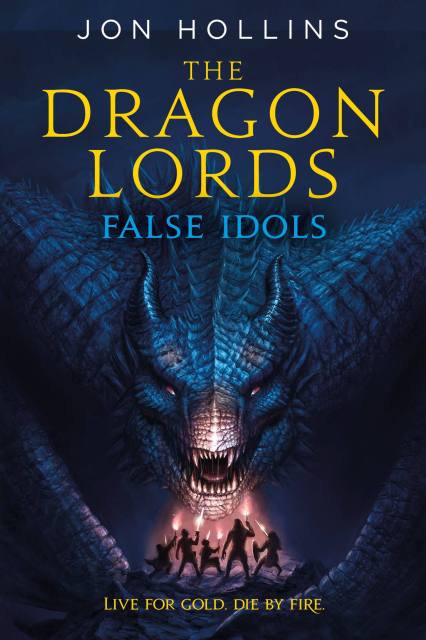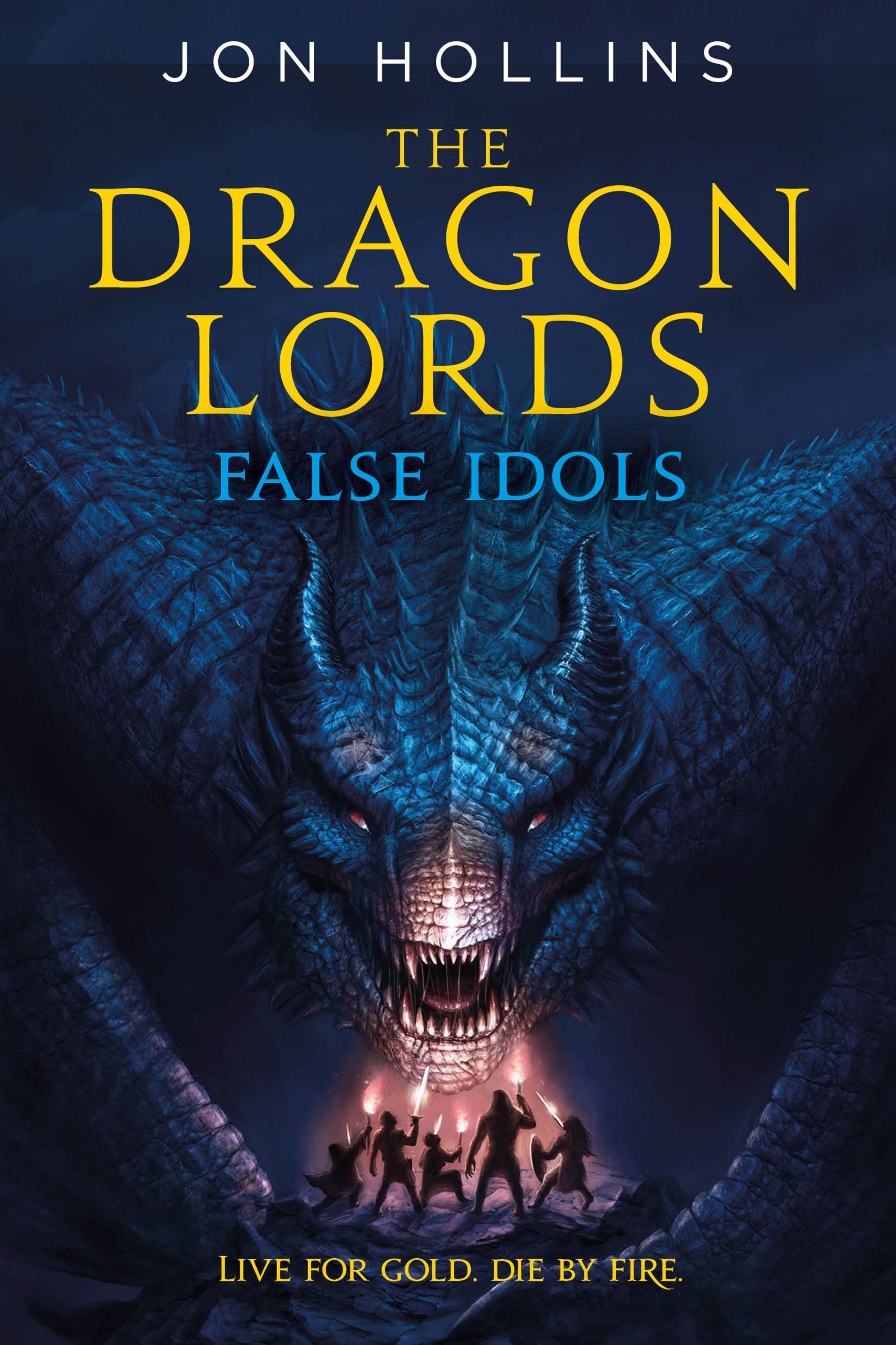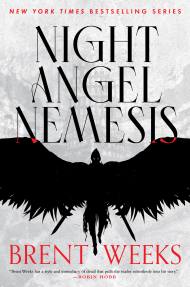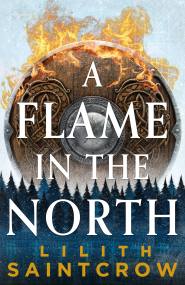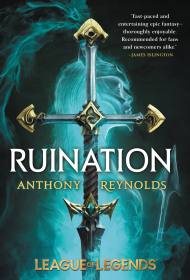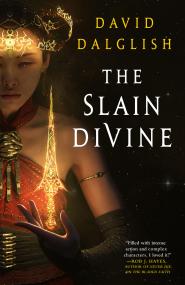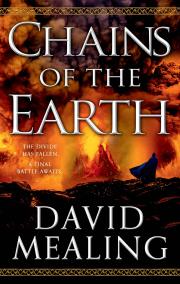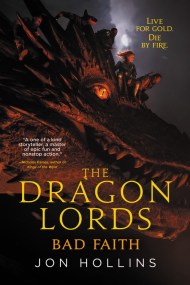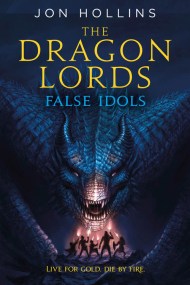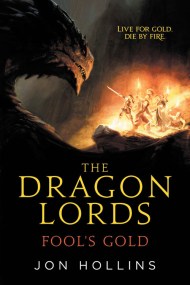The Dragon Lords: False Idols
Contributors
By Jon Hollins
Formats and Prices
Price
$9.99Price
$12.99 CADFormat
Format:
- ebook $9.99 $12.99 CAD
- Audiobook Download (Unabridged)
- Trade Paperback $15.99 $20.99 CAD
This item is a preorder. Your payment method will be charged immediately, and the product is expected to ship on or around August 29, 2017. This date is subject to change due to shipping delays beyond our control.
Also available from:
The Dragons who once ruled over the land are dead.
The motley crew that stumbled through that revolution are rich and praised as saviors.
Everyone gets to live happily ever after, right?
Right?
Well, it might have worked out that way if the dragons in Kondorra had been the only ones. If they hadn’t been just the tip of the spear about to fall upon the whole world. . .
Genre:
-
"Madcap, dark, and bloody... Fans of humorous fantasy will enjoy the outrageous yet cunning plot twists of this comedy with an edge sharp enough to cut dragon scales."Publishers Weekly (starred review)
-
"Humorous and profane, False Idols tackles the dynamics of power and corruption from uniquely unglamorous angles as the core group of characters struggles to remove humanity from the grip of all masters, whether monstrous or divine."Booklist
-
"Ideal for fans of humorous capers and heist stories - such as Ocean's 11, Scott Lynch's Gentleman Bastard Sequence series, and Lois McMaster Bujold's Vorkosigan Saga."Booklist on The Dragon Lords: Fool's Gold
-
"Hollins ladles on the humor while hardly skimping on the action, the unexpected plot swerves, or the glorious feels."B&N on The Dragon Lords: Fool's Gold
-
"Hollins's seat-of-the-pants fantasy comedy snowballs wildly into a glorious disaster of fire, magic, multiple threats to people's intestines, and fun -- for the reader, if not the characters."Publishers Weekly (starred review) on The Dragon Lords: Fool's Gold
-
"Jon Hollins is a one of kind storyteller, a master of epic fun and nonstop action. Alas, since we both write humor-infused epic fantasy, this makes us natural enemies. Watch your back, Jon."Nicholas Eames, author of Kings of the Wyld
-
"A chain mail-clad, sword-swinging heist caper brimming with blood, thunder, humor and heart."p.p1 {margin: 0.0px 0.0px 0.0px 0.0px; font: 14.0px Calibri; -webkit-text-stroke: #000000}span.s1 {font-kerning: none}Dale Lucas on The Dragon Lords: Fool's Gold
- On Sale
- Aug 29, 2017
- Page Count
- 640 pages
- Publisher
- Orbit
- ISBN-13
- 9780316308274
Newsletter Signup
By clicking ‘Sign Up,’ I acknowledge that I have read and agree to Hachette Book Group’s Privacy Policy and Terms of Use
